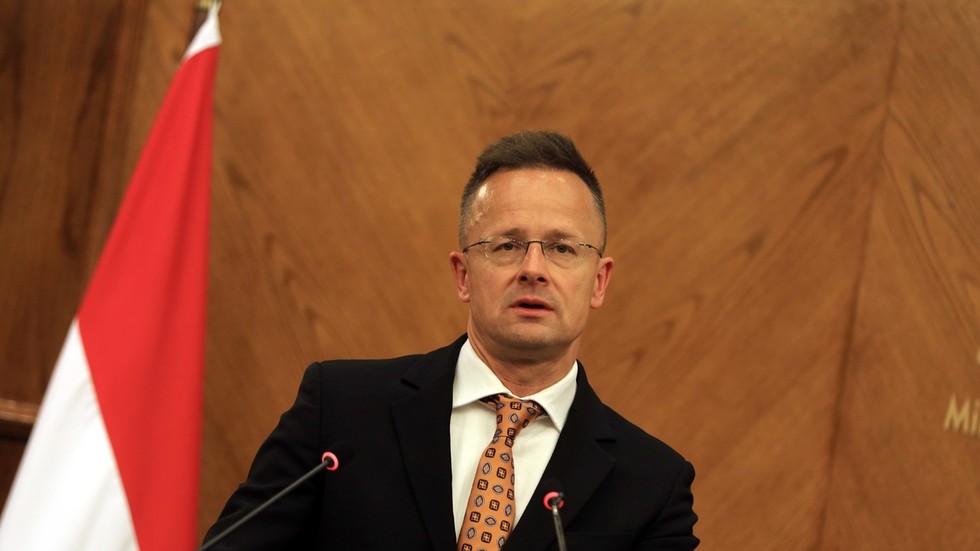The Economic and Financial Crimes Commission (EFCC) has expressed concerns that the rising incidence of cybercrime is contributing to stricter visa regulations for Nigerians traveling abroad. According to EFCC Chairman, Ola Olukoyede, fraudulent activities not only jeopardize the future of those involved but also damage Nigeria’s global reputation, leading to tougher travel conditions for law-abiding citizens.
Olukoyede made these remarks during an event organized by the Coalition of Nigerian Youth on Security and Safety Affairs in Port Harcourt, Rivers State. He emphasized that internet fraud, money laundering, and economic sabotage drain billions of naira from the Nigerian economy annually, stalling growth and denying citizens critical infrastructure, jobs, and opportunities. The EFCC chairman stressed that these crimes also damage Nigeria’s international standing and expose innocent citizens to harsher visa scrutiny.
The commission noted that the financial toll of these crimes is significant, with billions of naira lost each year. However, the impact goes beyond the financial, as it also affects the country’s reputation and the opportunities available to its citizens. Olukoyede urged young Nigerians, particularly those in the South-South region, to channel their talents into legitimate sectors such as technology, entrepreneurship, agriculture, and the creative industry.
He cautioned that “fraud is not success; it is a trap. What comes easily often goes just as fast. Many who embrace cybercrime end up losing their freedom, reputation, and future.” The EFCC chairman reaffirmed the agency’s commitment to strengthening awareness campaigns, enforcement, and collaboration with communities in the fight against financial crimes.
Representatives of other security agencies also addressed participants at the event, warning against additional threats facing Nigerian youths. The National Drug Law Enforcement Agency (NDLEA) described drug abuse as a grave danger, while the Nigeria Security and Civil Defence Corps (NSCDC) cautioned against pipeline vandalism in the South-South region.
The EFCC has intensified its clampdown on cybercrime in recent months, with notable arrests and convictions. In August, operatives arrested 38 suspected fraudsters in Lagos, recovering items such as cars, mobile devices, and substances believed to be narcotics. The Benin Zonal Directorate also secured the conviction of 12 individuals for offences linked to advance fee fraud and possession of fraudulent documents.
The EFCC’s efforts to combat cybercrime and other financial crimes are crucial in protecting the country’s reputation and economy. As the agency continues to strengthen its awareness campaigns and enforcement, it is essential for young Nigerians to make informed choices about their involvement in legitimate activities. By doing so, they can contribute to the country’s growth and development while avoiding the negative consequences of cybercrime.



